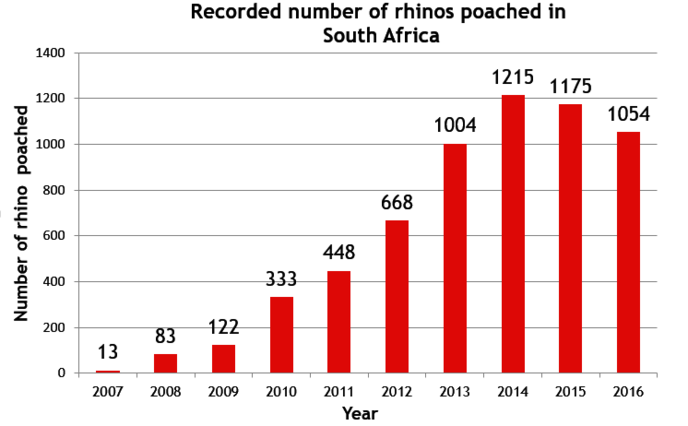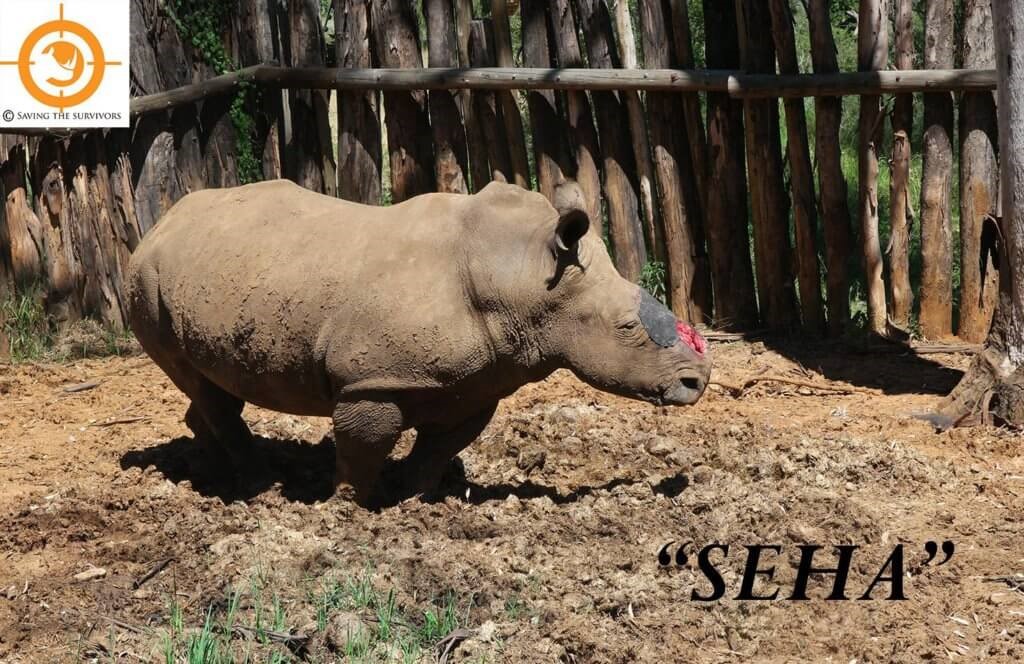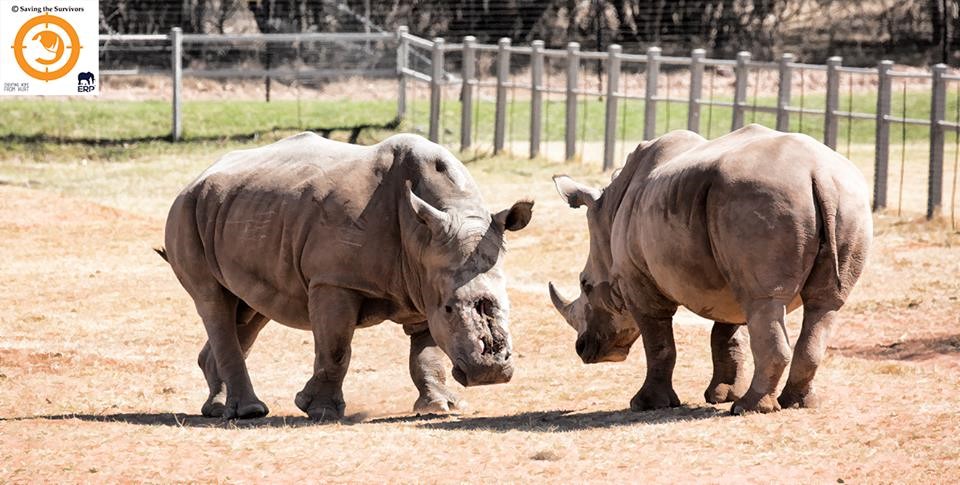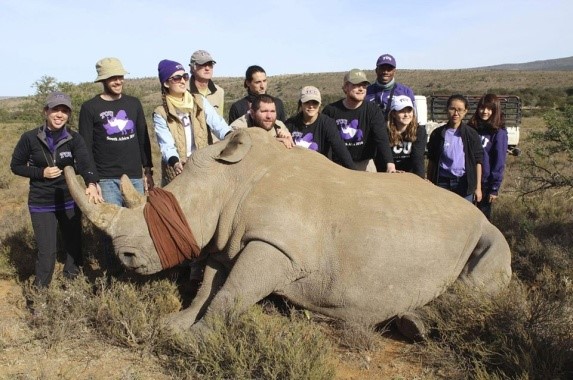World Rhino Day Update
Today is World Rhino Day, an international day to celebrate the rhino and highlight the plight it faces due to poaching for its horn. In our first blog post, we will highlight three aspects of the poaching crisis and what is being done to end it.
Rhino Stats
In the past nine years, over 6,000 rhinos have been brutally poached for their horns, this leaves less than 20,000 white and around 5,500 black rhinos left in Africa. Poaching incidents from 2017 so far indicate that South Africa will lose upward of 1,070 by the end of the year. Although official government released statistics won’t admit it, many rhino experts believe that South Africa’s total rhino population is beyond the tipping point, not just the population in the Kruger National Park. A sustained loss of more than 1,000 animals per year essentially means that extinction is inevitable. We are losing rhinos at a rate of three per day, and in order to combat this scourge, we must work together. Thankfully there are many passionate people who have dedicated their lives to saving the rhino, locally and abroad.

Frontline Action in Rescue
Saving The Survivors is a charity founded in 2012 by Dr. Johan Marais, dedicated to helping endangered wildlife that have fallen victim to poaching. With the help of Dr. Zoe Glyphis, Dr. Andy Fraser, Dr. Marais’ spends most of his time traveling to rhino poaching survivors. One of these survivors is Seha, who is currently under the care of this wonderful charity; his name means ‘have mercy on us’. Seha is an eight-year-old rhino bull that was found almost a year ago, on the 24th September 2016. He was the only survivor of a poaching incident which claimed the lives of 4 other rhinos. The horrific incident, in which his horn was viciously hacked away from his face, left Seha with a gaping wound of 49 x 26cm which exposed his nasal cavities to the elements.

Photo credit: Saving the Survivors
For the first 10 months of his treatment, Seha lived in a boma where he could be closely monitored whilst the team worked tirelessly to attend his wounds and nurse him back to health. Saving the Survivors have treated a number of poaching victims and have learnt lessons from all of them, especially poaching survivor Hope. Hope sadly passed away despite the enormous efforts of the entire team, but their experience with Hope has meant that the methods used to treat Seha and other survivors are improving all the time. In August, Seha’s continued improvement led to him becoming strong enough to be introduced to two special ladies, rhino cows Dezi and Lucky. Not only does this allow him to show his natural behaviours and improve his welfare, but there is speculation that Lucky may be coming into heat, so there could be some very exciting news coming in the near future!

Seha and Dezi. Photo credit: Saving the Survivors
Education & Awareness
Another person doing all he can to teach about the current rhino poaching crisis and help the plight of the rhinos is Dr. Mike Slattery, the director of the Institute for Environmental Studies at TCU (Texas Christian University). With the help of Dr. William Fowlds, a South African wildlife veterinarian, Dr. Slattery launched the TCU Rhino Initiative in April 2014. Understanding that the solution to rhino poaching relies on a number of protective layers and methods, their initiative is designed to combat rhino poaching from several fronts. Some of the work carried out under Dr. Slattery’s guidance includes organizing demand reduction campaigns, raising public awareness with events such as the annual TCU Rhino Run, as well as physically supporting the rescue efforts. A study abroad program was set up so that each year TCU students are given the opportunity to work with Dr. Fowlds in South Africa allowing them to gain first-hand experience of wildlife conservation on Amakhala Game Reserve. Dr. Slattery does not intend to stop there, with future plans in place to generate more awareness and funding to accomplish his final goal, which is to support rhino protected areas in the Eastern Cape commit students to help with research across these areas.

Photo credit: Mike Slattery
Though the battle to end rhino poaching is a complex and difficult task, it is by no means unwinnable. Through our website and blog posts, Planet Rhino aims to keep readers abreast of the latest events and developments of the crisis, as well as letting you know how you can take action to help save the rhino.
Links to Learn More





